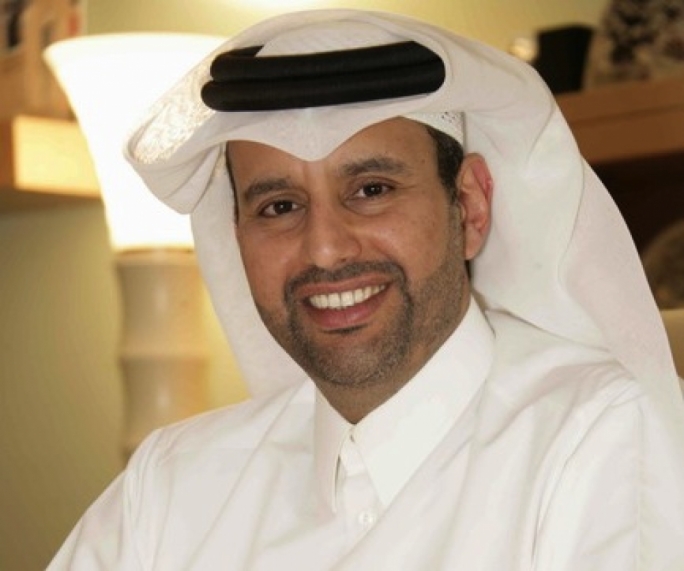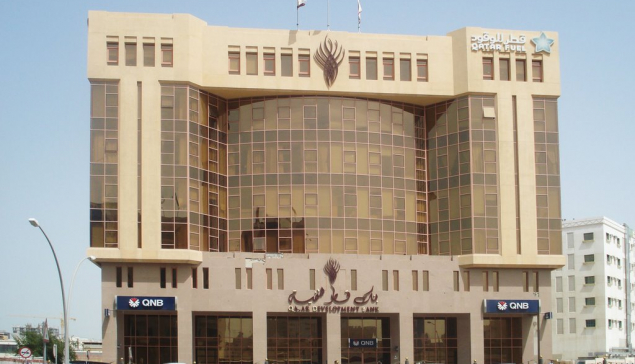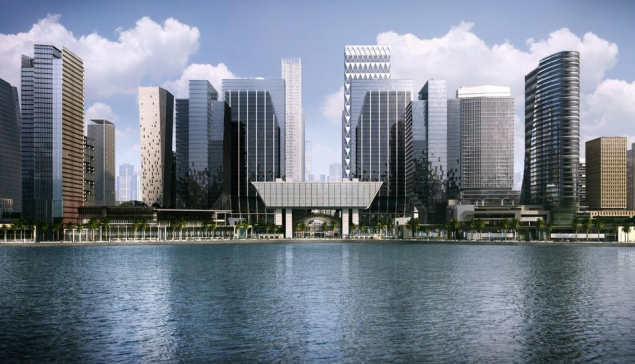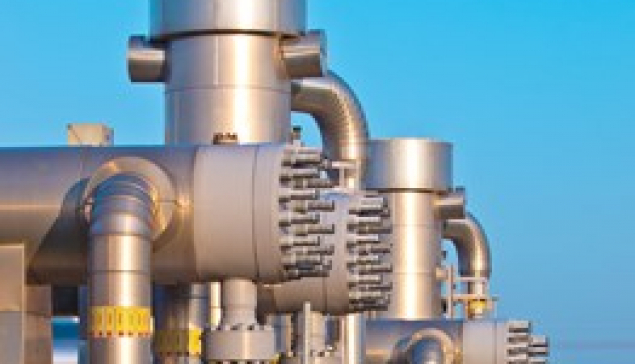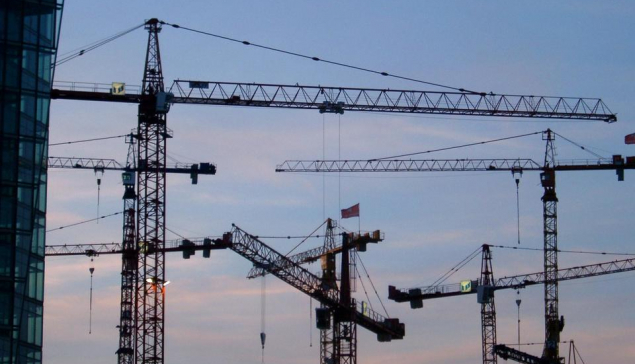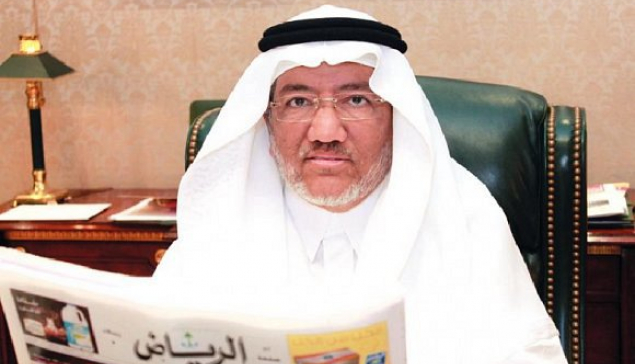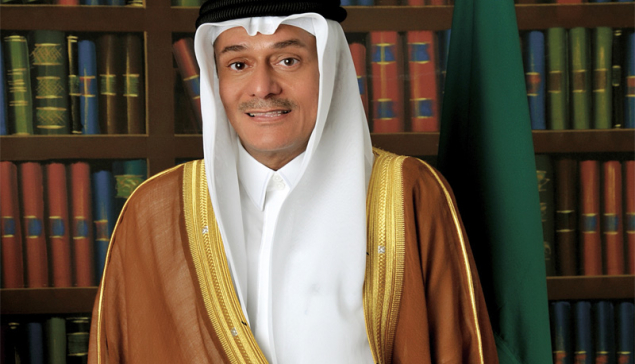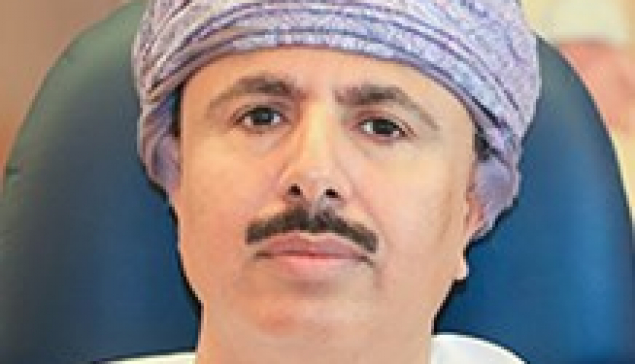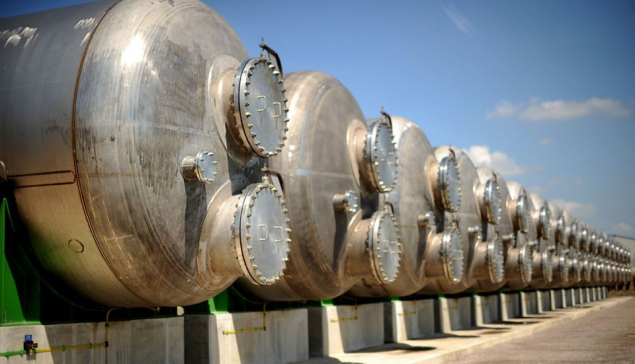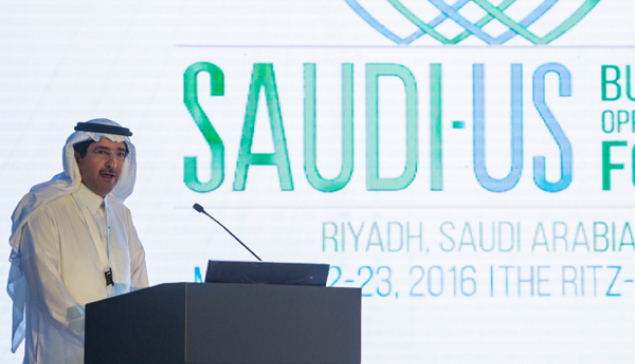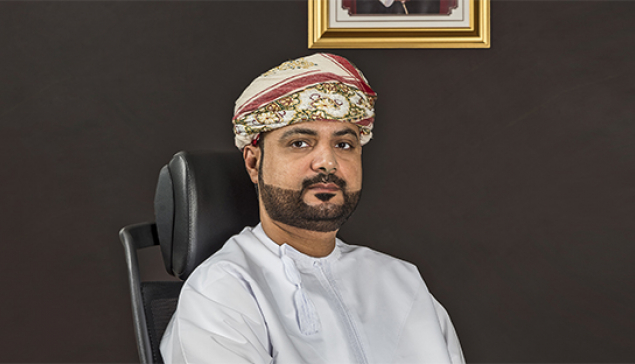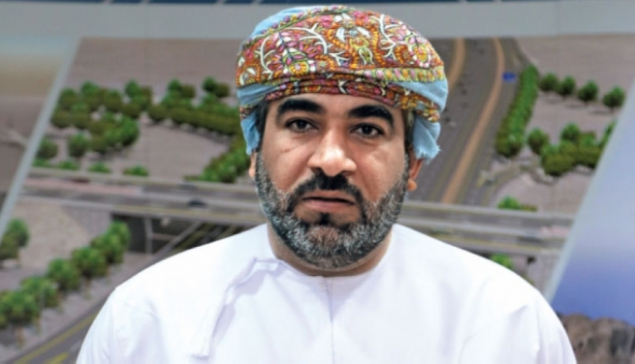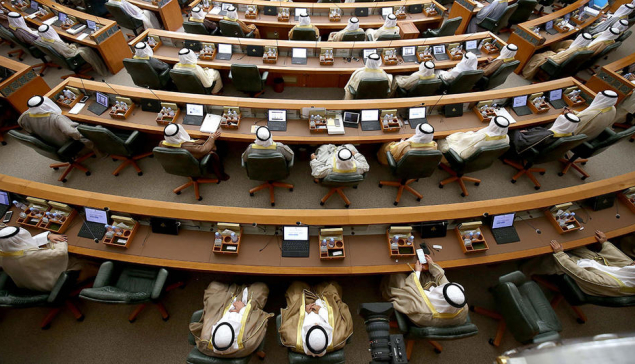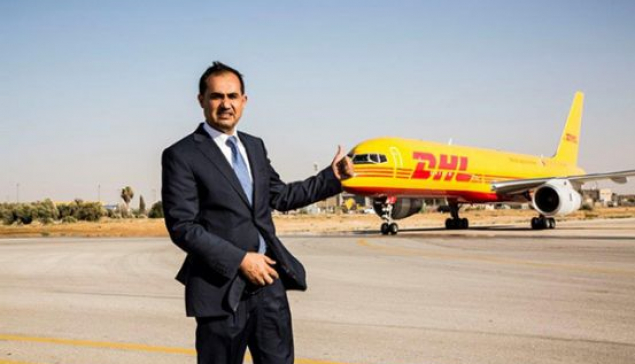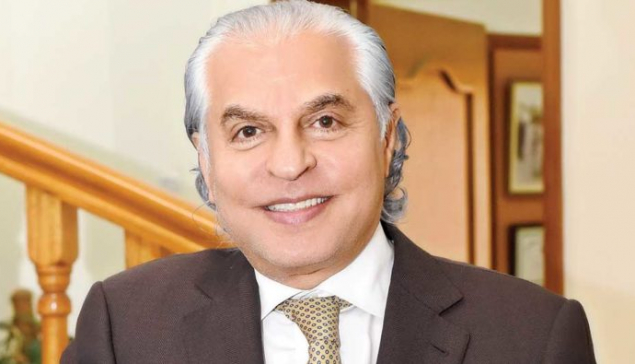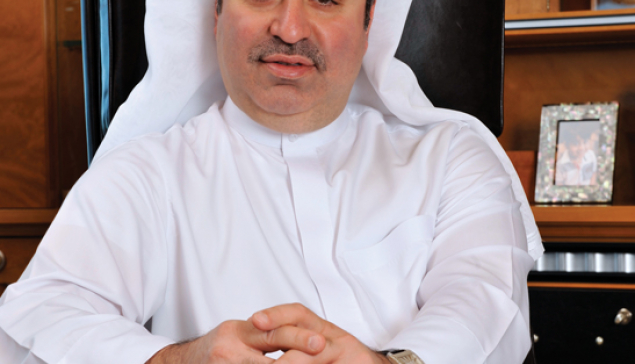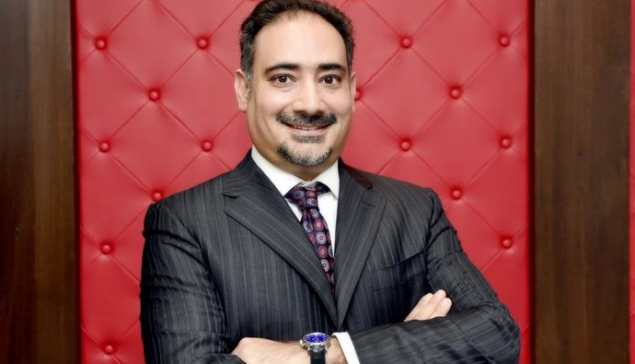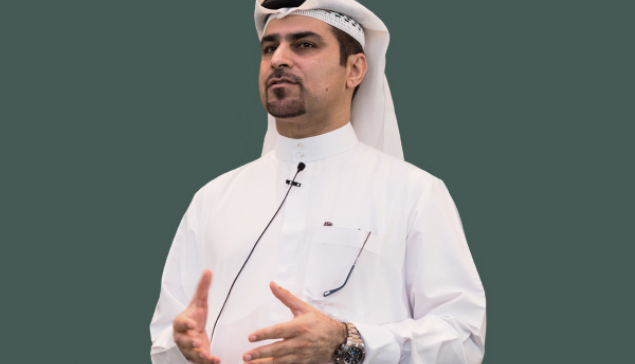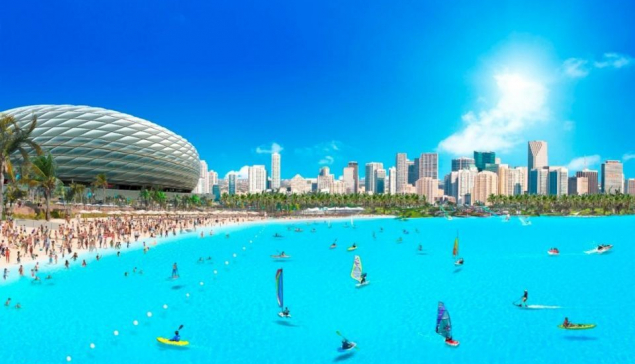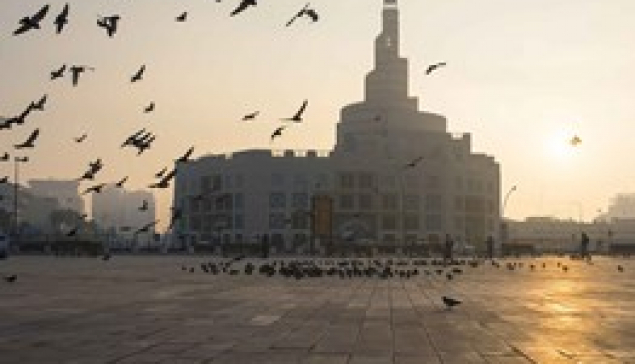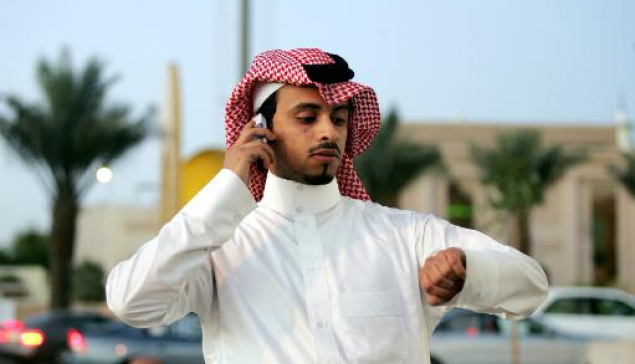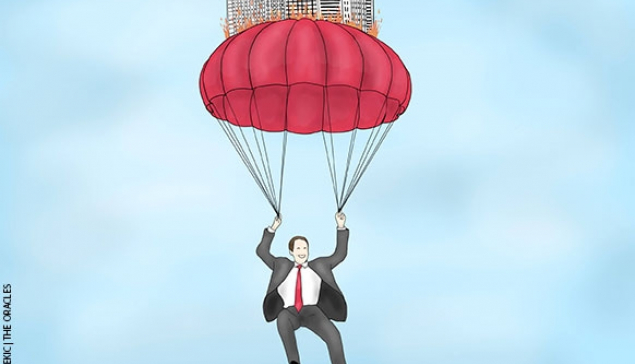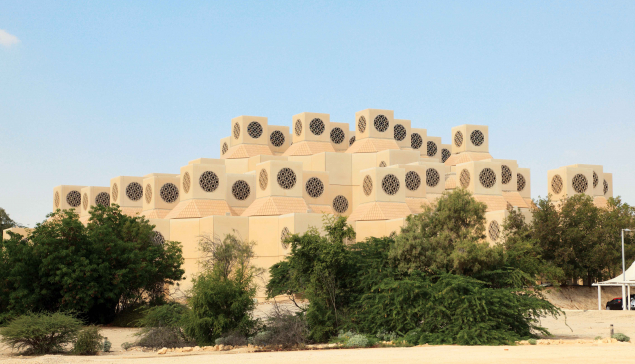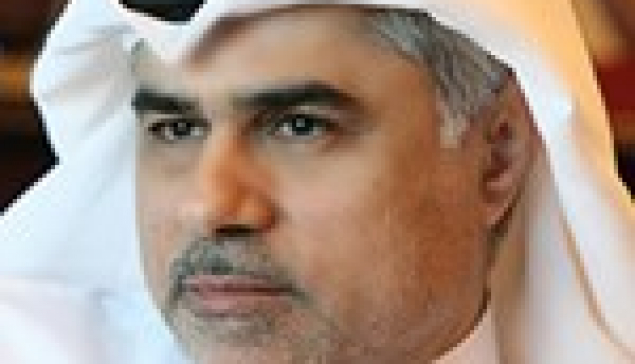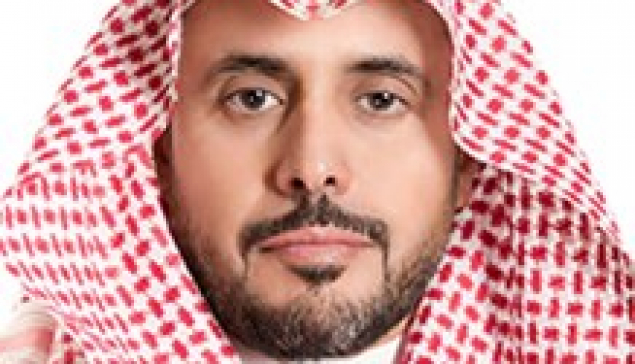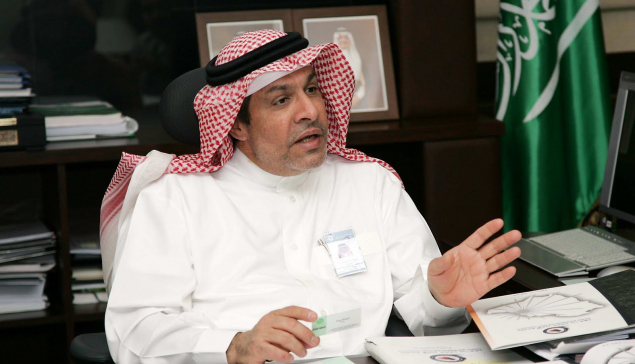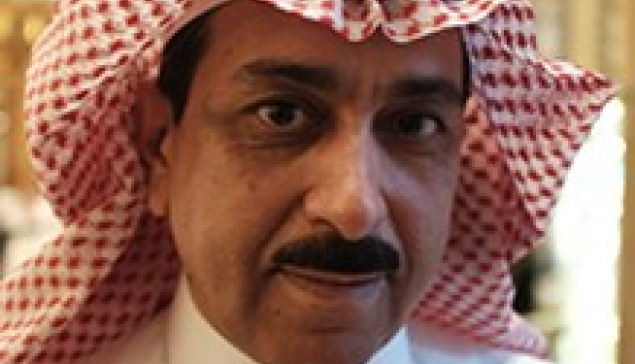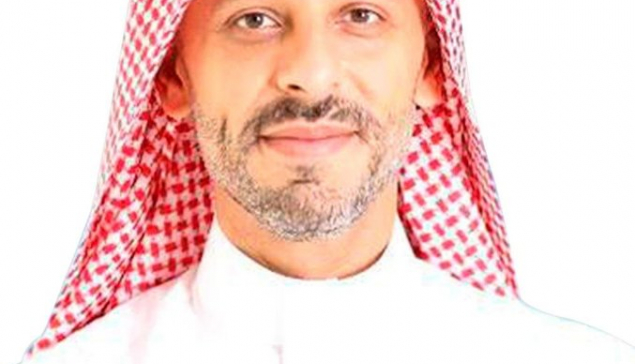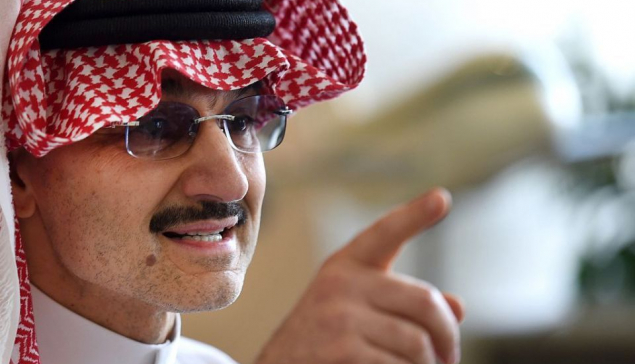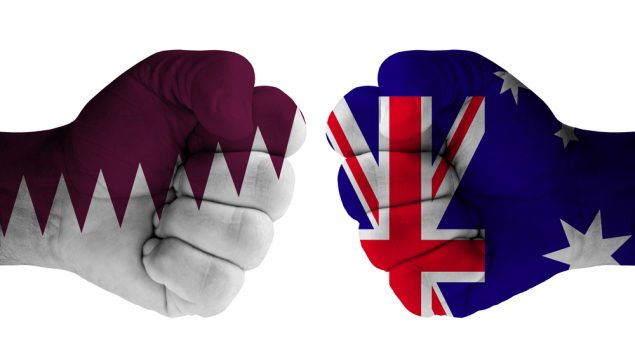According to the International Monetary Fund (IMF), Qatar's economic growth is projected to reach 3.4% in 2017. However, the IMF warns that ongoing public investments could overheat the economy in near term and the prospects of a further rise in US interest rates may “complicate” efforts to bolster real economic growth. What are the main challenges the Qatari economy may face in 2017?
In addition to spillovers from tightening monetary conditions in the US and other major economies, the rising global and regional uncertainties fueled by geopolitical and security concerns and recent political developments around the world are the most prominent challenges in 2017. These global uncertainties may continue to curb investors' appetites and put additional pressure on developmental policies in many countries, particularly MENA countries. However, I think Qatar's prudent monetary and fiscal policies enable the country to contain the repercussions of such conditions.
As indicated by the country's non-oil growth indicators, Qatar's efforts to diversify its revenue sources away from a reliance on hydrocarbons are gaining pace. However, we have seen the trade surplus shrink during 2016, attributed to low oil and gas prices. How is the Government of Qatar working to broaden the economic base of exports to balance its trade and support economic diversification?
Qatar's trade balance has been affected in the last couple of years due to fluctuations in energy prices and rising imports of raw materials used in our ongoing infrastructure projects. This trend, however, is also influenced by global issues. Fueled by poor economic performance and low levels of investment, global trade growth has been slowing since 2012 and trade balances in many countries around the world have deteriorated. These developments have not only challenged resource-exporting countries but also those with less reliance on raw exports although perhaps to a lesser extent. These developments do however underline the importance of Qatar's long-term vision of diversification, formulated before the down surge in energy markets. To assure the achievement of this diversification strategy, Qatar has been working hardly on developing a wide range of enablers and rationalizing its investment environment so as to promote investments in different types of services and manufacturing industries. Several business-related regulations were optimized to better address the interest of all stakeholders, and a considerable improvement in the capacity and quality of infrastructure has been achieved over the past years. Qatar now has well-designed ports with considerably high capacity; a new state-of-the-art airport; several competitive logistics areas that will start functioning and supporting a wide range of businesses in the near future; and many other initiatives. These new facilities will bring considerable improvements in efficiency and competitiveness to domestic industries. Qatar's economic diversification is benefiting from an improved business environment. Service activities have been strongly supporting our external balance with increasing volumes and values of exports. In just five years, services exports increased five-fold, from USD3 billion in 2011 to USD15 billion, amounting to about 16.3% of Qatar's total exports, compared to 3.9% in 2010. We believe that with our commitment to continue these business environment improvements, supported by further enhancement of our infrastructure and services, our exports basket will grow further in size and varieties, and further enhance the diversification position of Qatar. Qatar has also recently developed the single window project for investor services, which represents one of the most important initiatives designed to develop the business environment, boost the role of the private sector, and encourage domestic and foreign investments in sectors that add value to the national economy, in line with the Qatar National Vision 2030.
Many of our interviewees have stressed the importance of public-private partnerships (PPPs) to boost investment and increase the involvement of the private sector in the national economy. What initiatives will the Government of Qatar introduce to ease public-private cooperation in funding key national projects?
The government of Qatar strongly believes in the importance of the private sector and the vital role it plays in our economy. While projects and regulatory reforms are intended to promote private investments in all sectors, there are a few activities that cannot be efficiently performed solely by either the government or the private sector, but rather require mutual cooperation from both sides through PPP arrangements. PPP arrangements are designed to build on the strengths of both sides to deliver efficient and competitive services. In this regard, we are working hard at developing a solid and efficient legal framework for PPP projects, which is widely recognized as a cornerstone of successful partnerships. A new PPP draft law is almost complete and the work on developing the necessary bylaws is progressing at a fast pace. Parallel to this, we are working with several line Ministries and stakeholders to identify the potential domain for PPP projects. As an initial phase, we have identified, together with the Ministry of Education and Higher Education, a first batch of schools to be developed through PPP build and lease arrangements. A similar framework has been also considered for hospitals and health facilities, in cooperation with the Ministry of Public Health, to meet the increasing demands on health services. Several projects from other sectors shall be joining the list soon and possibly on a larger scale and employing different modes of PPP arrangements.
Qatar's cabinet has approved a draft law that will allow foreign investors to provide up to 100% of the capital for a project in any sector, provided they have a Qatari services agent. How do you assess the value of this and other initiatives which the Government of Qatar is introducing to drive foreign investment?
I think the new draft law came at the right time to help boost the pace of development of Qatar's economy. Consideration of regulatory reforms is a continuous process in order to accommodate developmental needs and the rise in potential opportunities for foreign investors. Qatar's government is committed to continuously improving the business environment and to ensuring that huge infrastructure capabilities are adequately utilized through wider participation from the domestic and foreign private sector. Foreign investment, in particular, doesn't only inject new capital and technology into the economy, hence driving economic growth, but it also strengthens the connection with international markets and enhances export opportunities.
The Government of Qatar has repeatedly highlighted the role of SMEs in the economic development of the country as a model for future global companies and a catalyst for GDP growth. How is the State modernizing its legislations and initiatives to protect and develop such enterprises, and increase its contribution to the GDP?
We strongly believe in the importance and potential of SMEs in supporting economic development and achieving more inclusive growth. The Ministry took several steps toward modernizing the regulatory framework to enhance the development of new and existing businesses. We have revised several rules and policies that are perceived as cumbersome and also took several measures to lower the costs of businesses including the rental costs. The upcoming logistic and economic areas will also provide considerable space for SMEs.
Qatar expects to post a budget deficit of USD7.8 billion in 2017. What is your economic outlook for the year ahead?
Given the healthy outlook for Qatar's long-term fiscal position, such a relatively small deficit should not be seen as a major source of concern. It is worth mentioning in this context however, that fiscal deficits arising from developmental expenditures should not be treated the same as those fueled by rising current expenditures, since the former is quite superior to the other because it enhances the country's medium and long term growth capacity. I think Qatar's fiscal position will be considerably relaxed in the medium term, once major developmental projects are finalized and the country starts to benefit from the potential growth of different activities. I am very confident that our economy is on the right track. Fundamental and emerging aspects on the domestic and external fronts suggest that Qatar economy will be in a better shape this year. With an improving global energy market outlook and Qatar's additional export capacity through the newly developed Barzan gas project, fiscal concerns will further relax, hence providing a better environment for economic growth.
- Super User
- Trade & Services
- Hits: 2211
